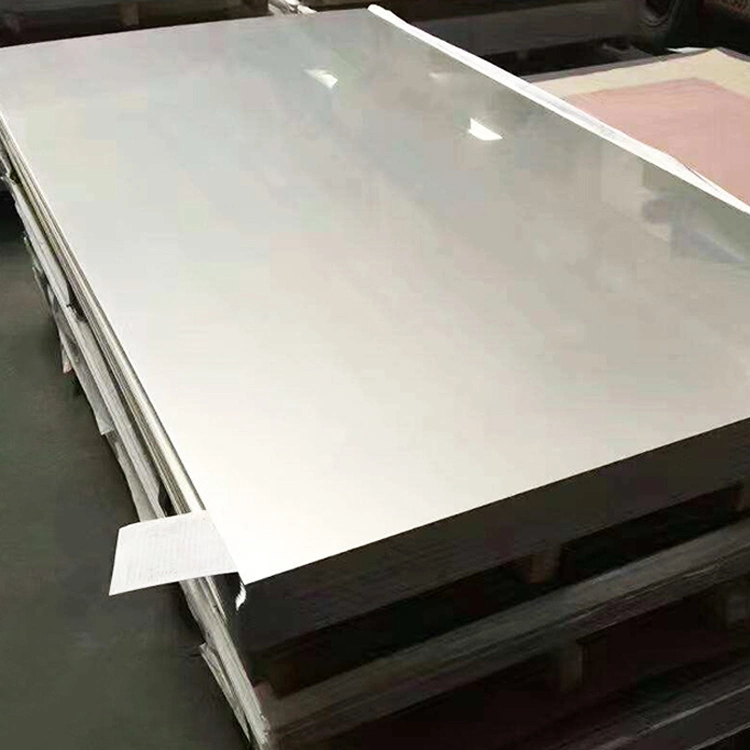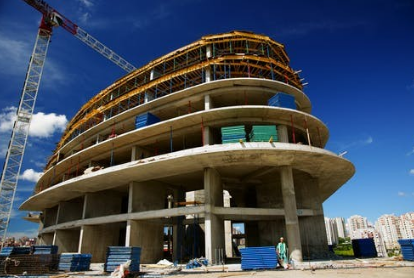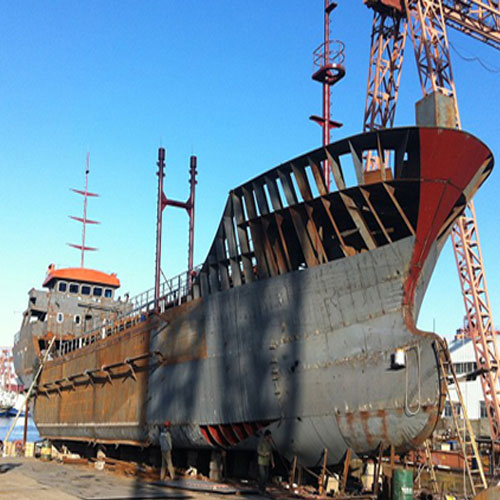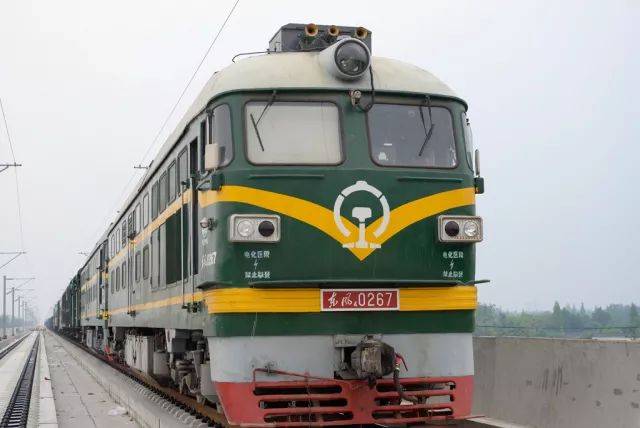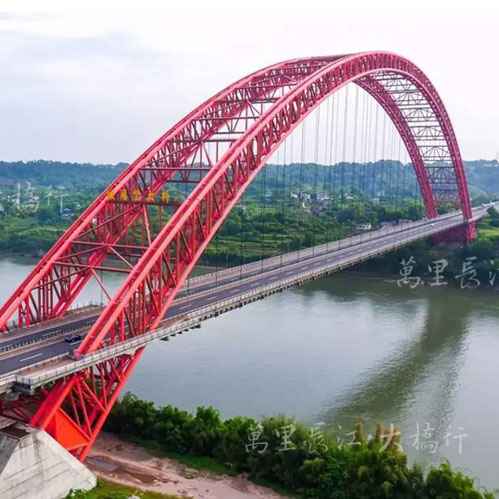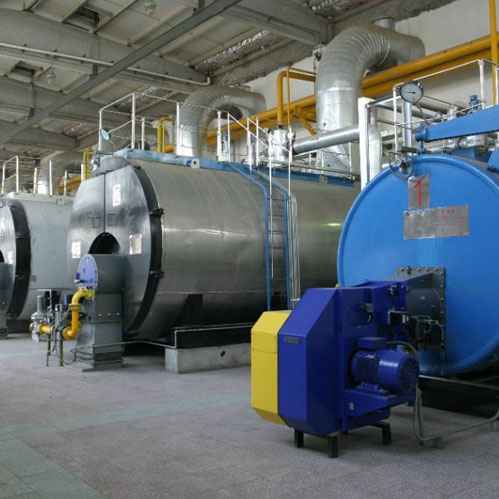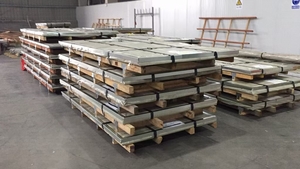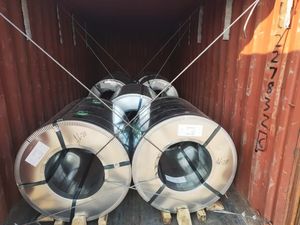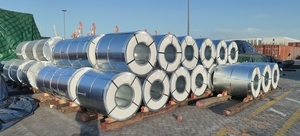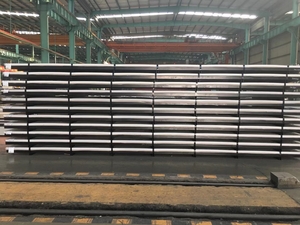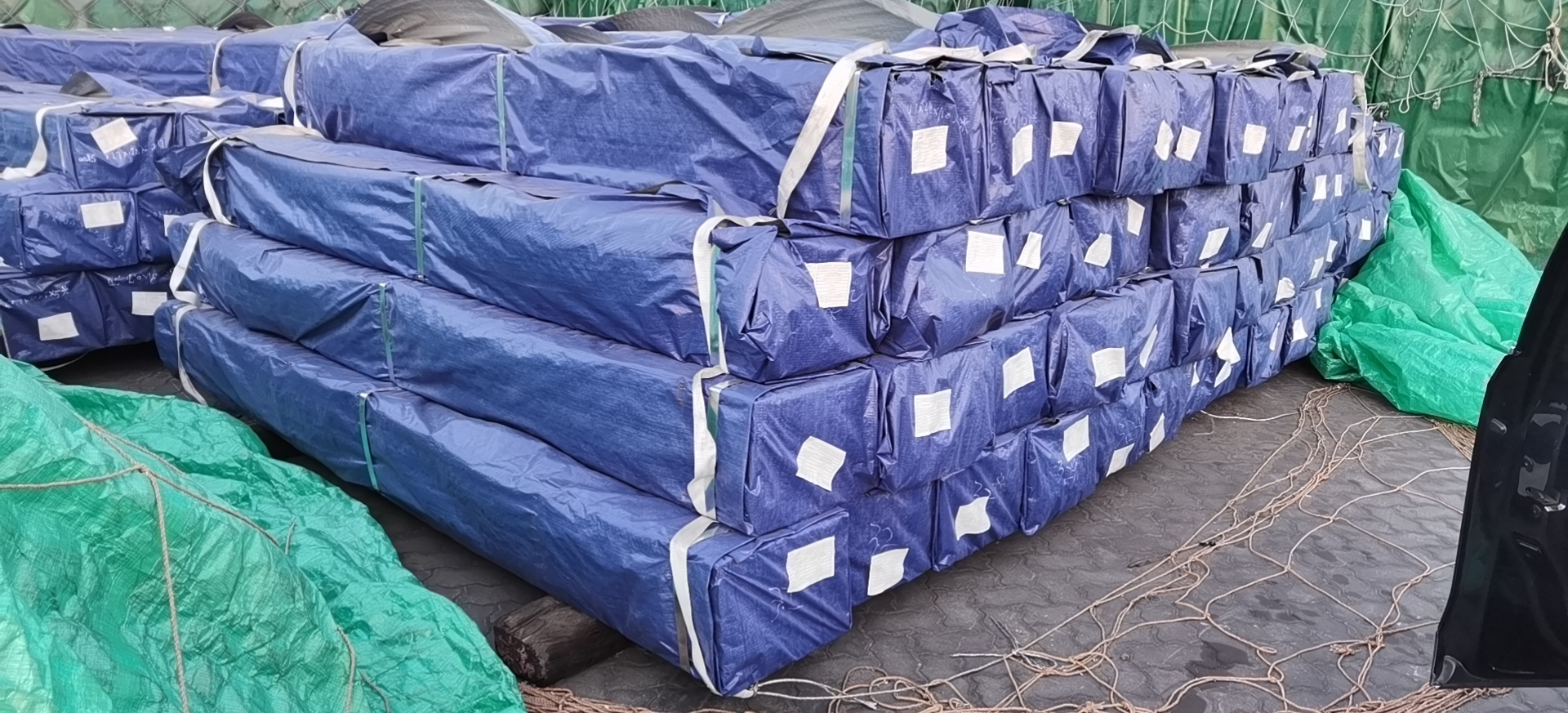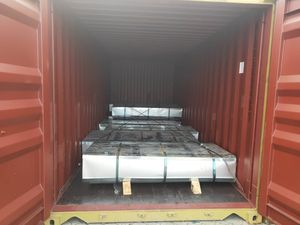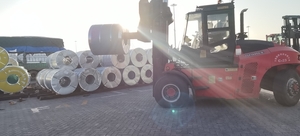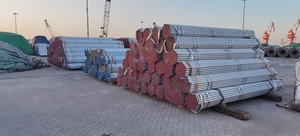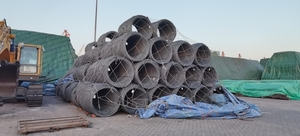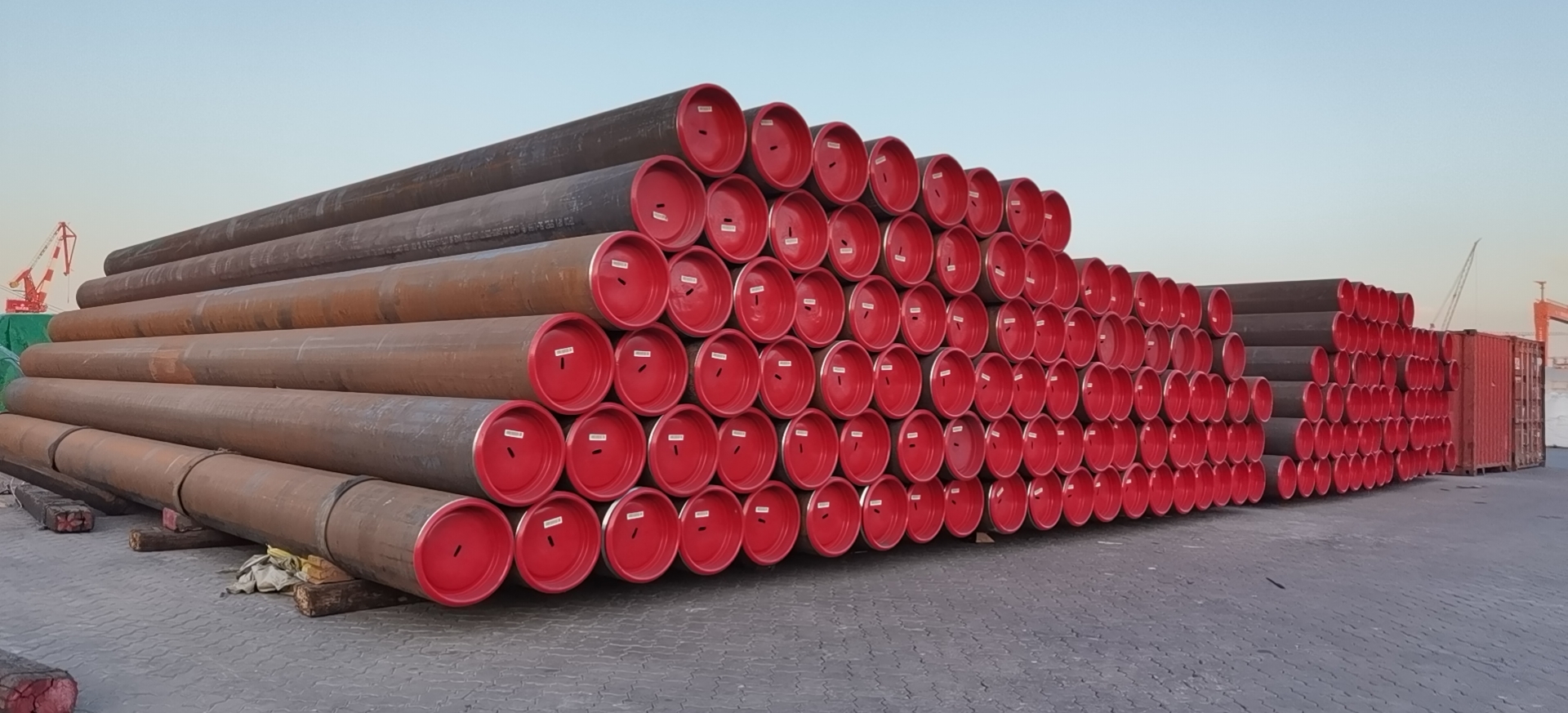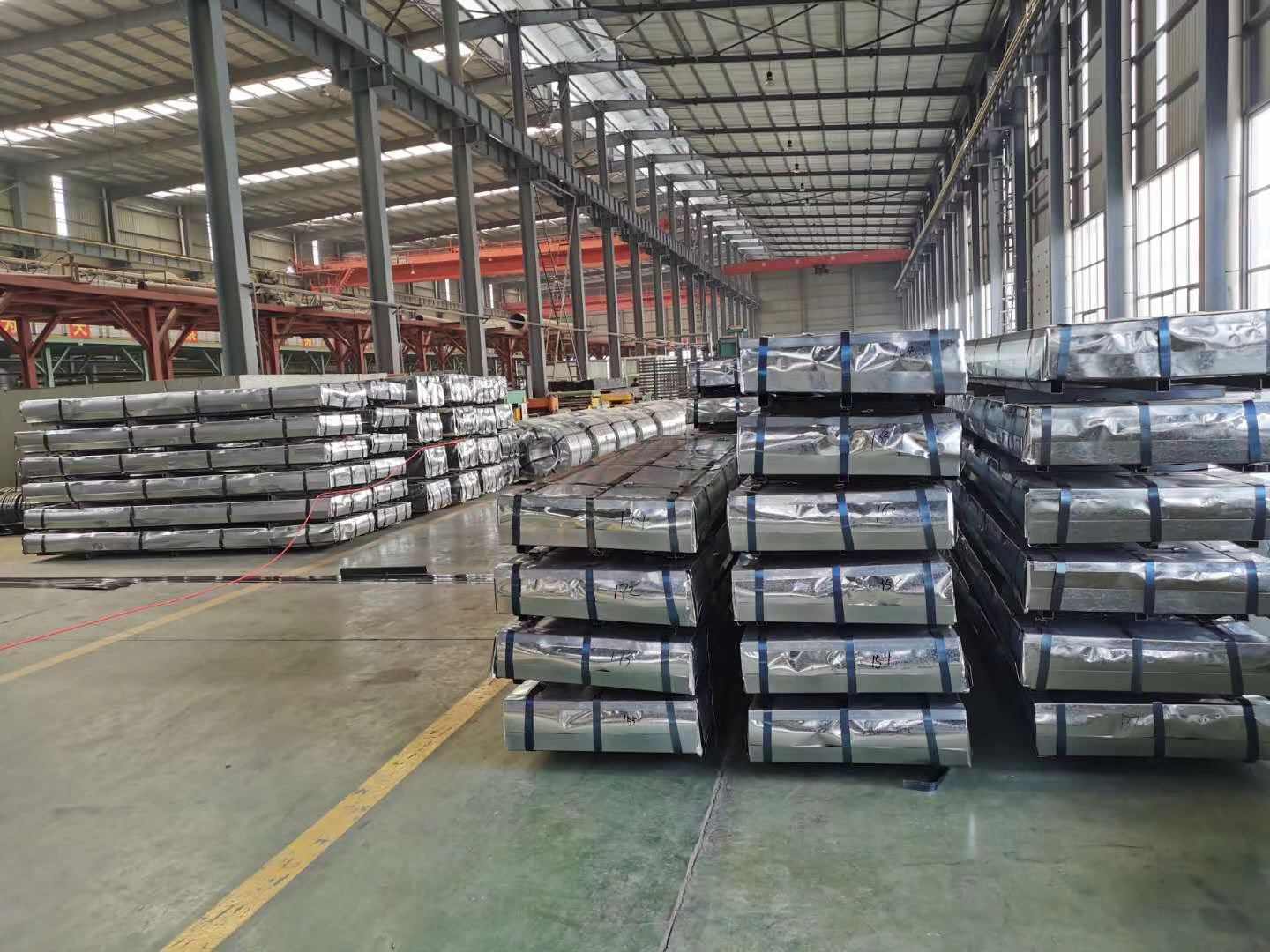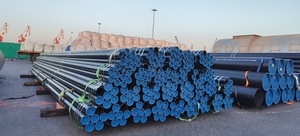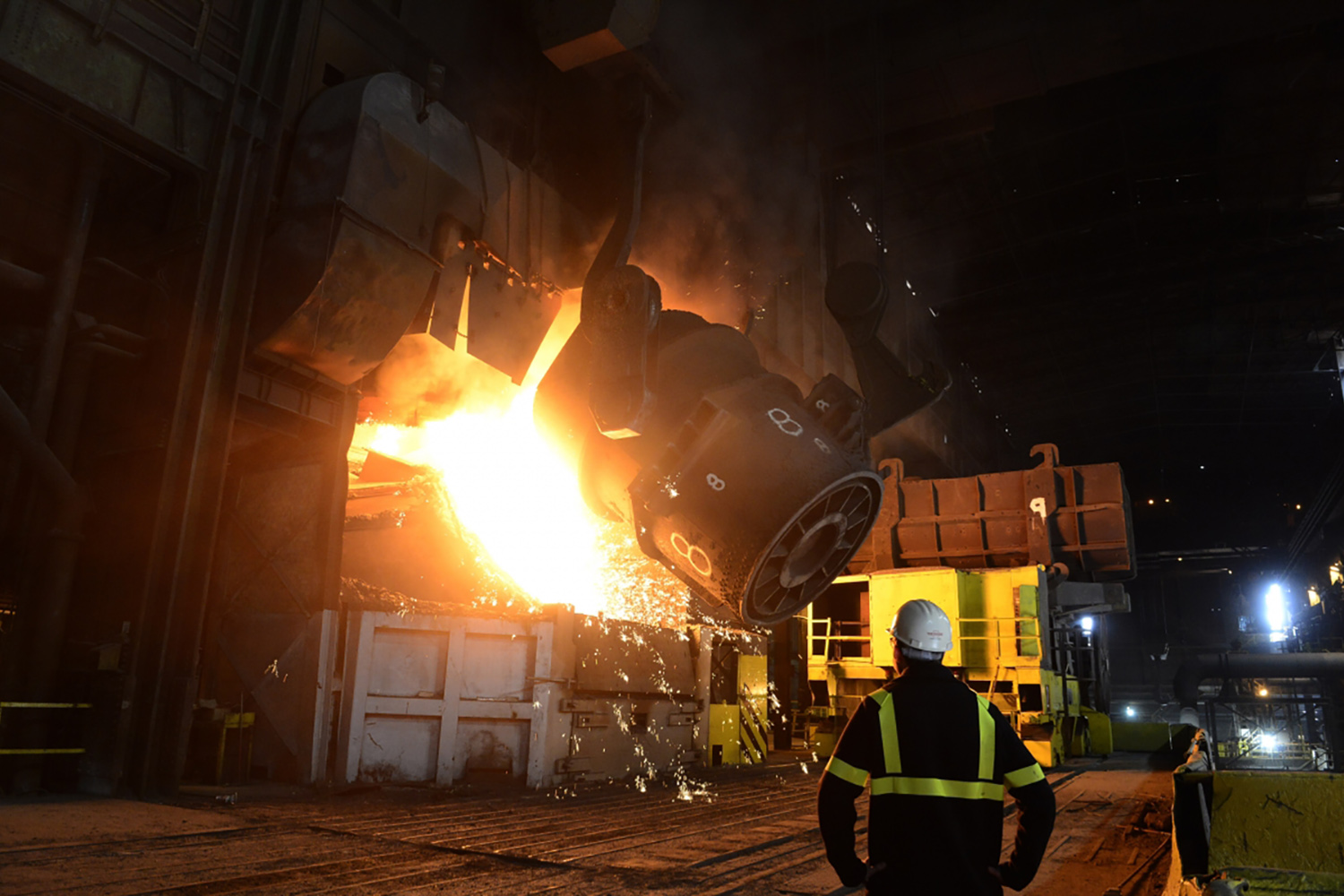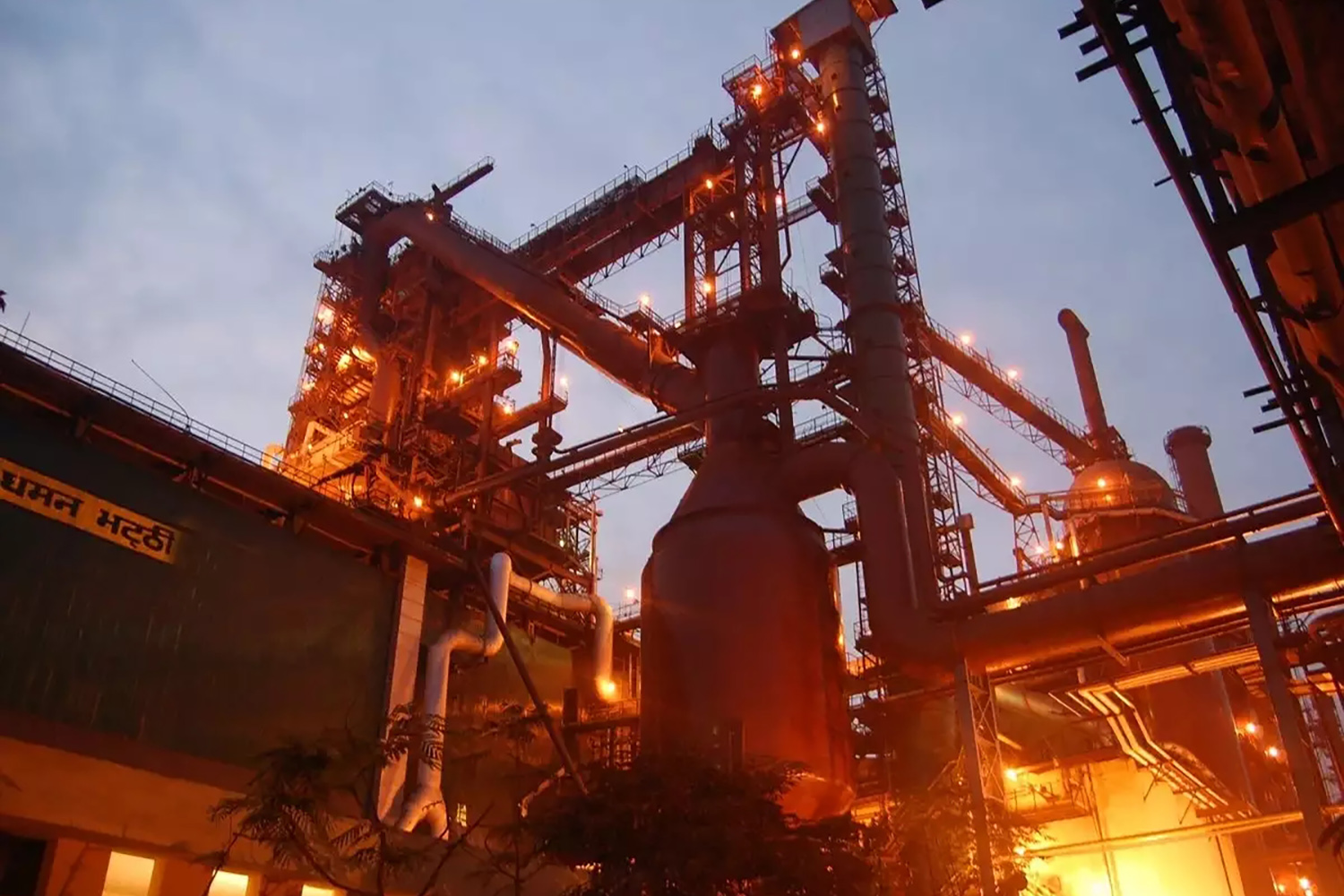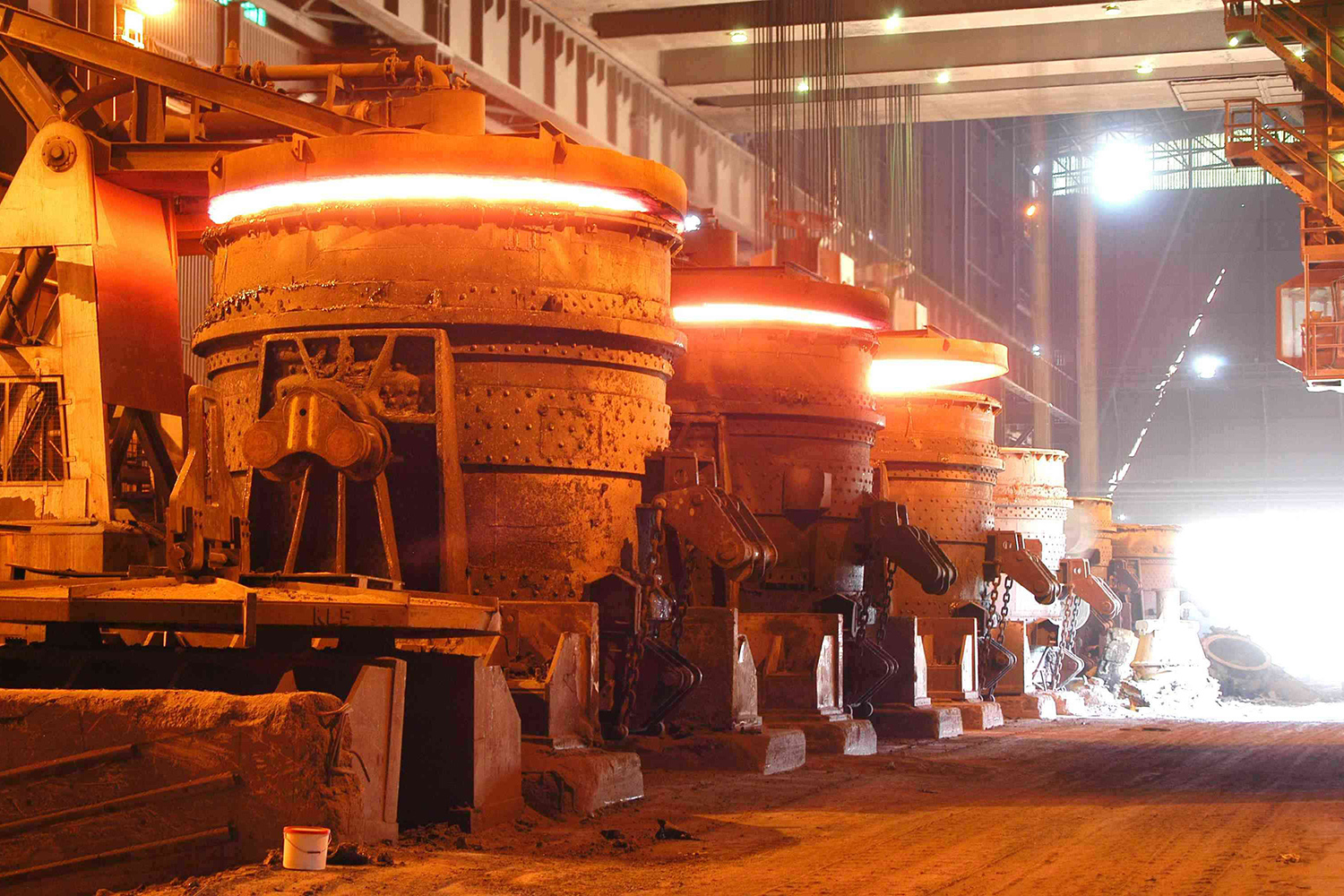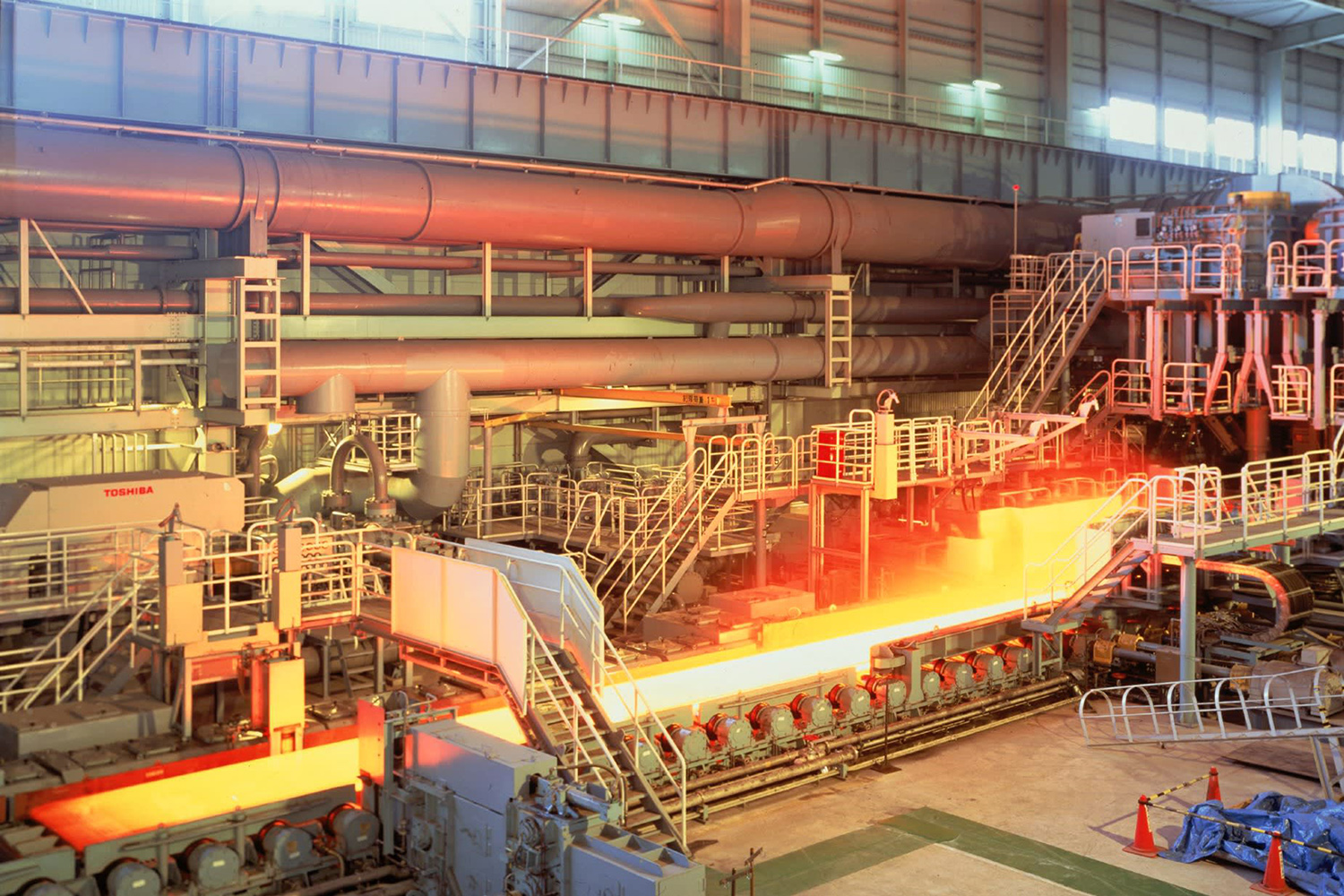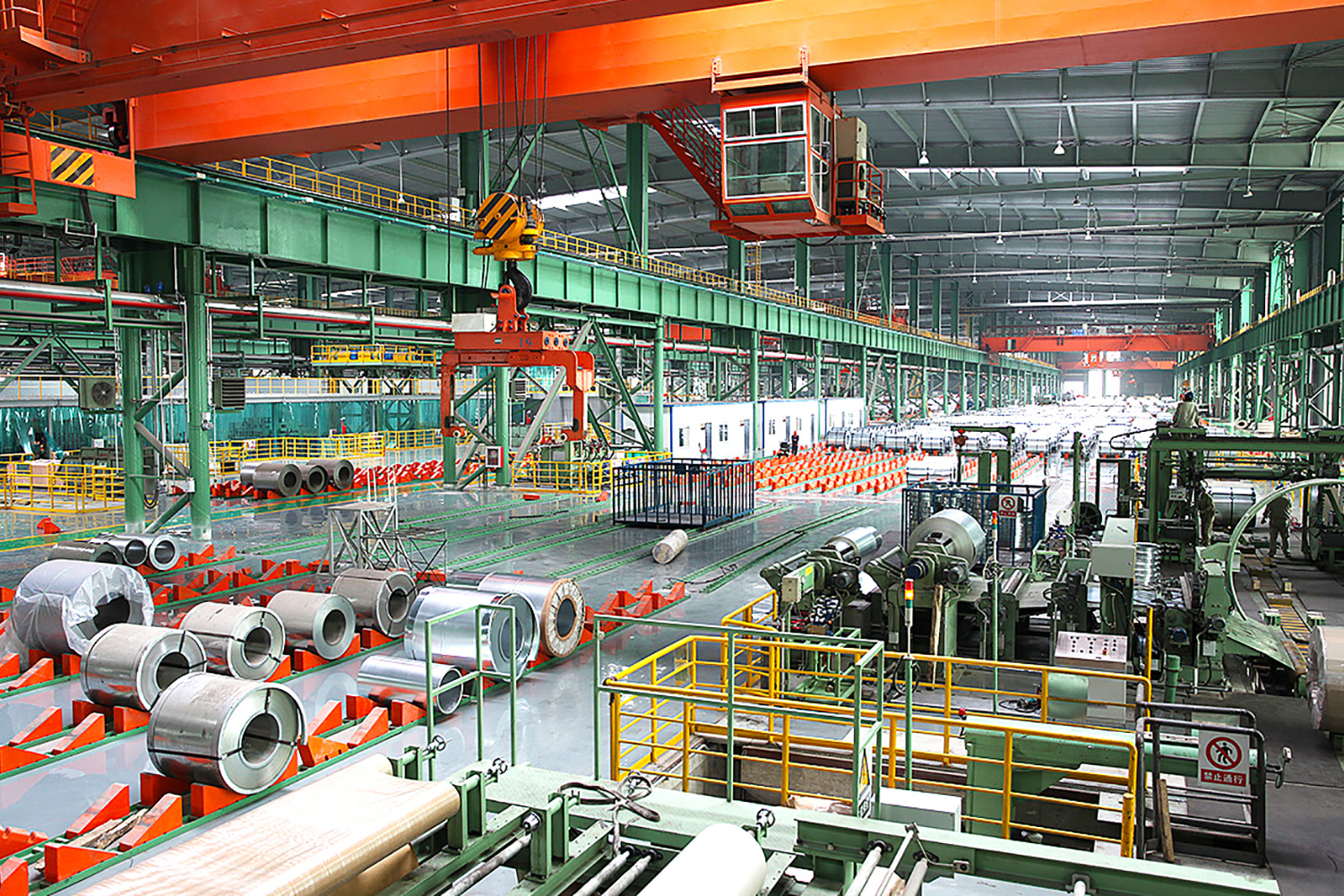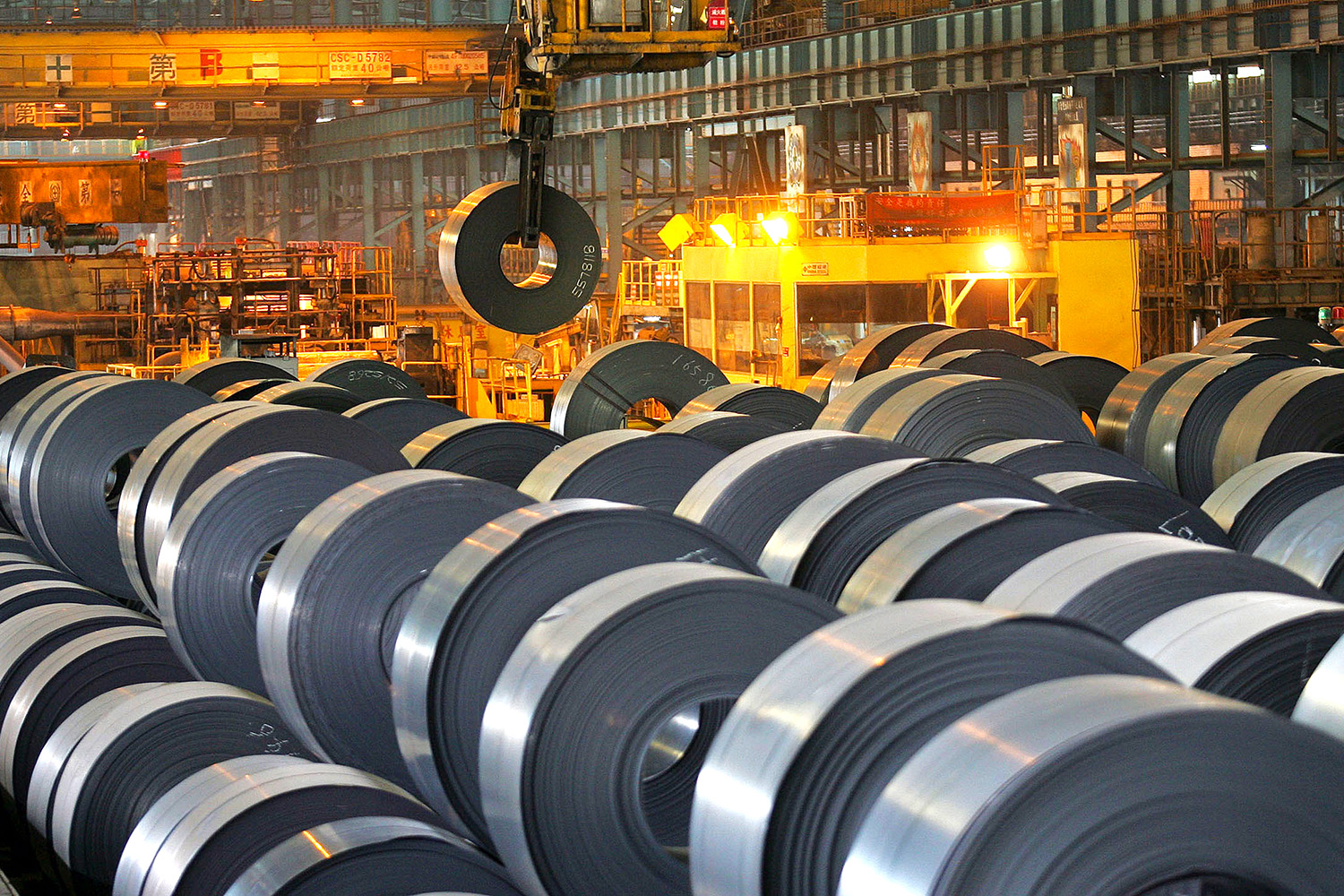Cold rolled plate takes hot-rolled steel plate as raw material and carries out cold continuous rolling after acid pickling to remove oxide scale. Its finished product is hard rolled coil. Due to the cold work hardening caused by continuous cold deformation, the strength and hardness of hard rolled plate increase and the toughness and plasticity index decrease. Therefore, the stamping performance will deteriorate and can only be used for simple deformed parts. The hard rolled plate can be used as the raw material of the hot-dip galvanizing plant, because the hot-dip galvanizing units are equipped with annealing lines. The weight of rolled hard plate is generally 6 ~ 13.5 tons. The hot-rolled pickling plate is continuously rolled at room temperature.
Product Features
Because it has not been annealed, its hardness is very high (HRB greater than 90) and its machining performance is very poor. It can only carry out simple directional bending less than 90 degrees (perpendicular to the coiling direction).
Simply put, cold rolling is processed and rolled on the basis of hot rolled coils. Generally speaking, it is hot rolling - Pickling - cold rolling.
Cold rolling is processed from hot-rolled plate at room temperature. Although rolling will also raise the temperature of steel plate in the processing process, it is still called cold rolling. Because the cold rolling formed by hot rolling through continuous cold deformation has poor mechanical properties and high hardness. Only after annealing can its mechanical properties be restored. Those without annealing are called rolled hard plates. Rolled plate is generally used to make products without bending and stretching.
Application
Cold rolled plate is widely used, such as automobile manufacturing, electrical products, rolling stock, aviation, precision instruments, food cans, etc. Cold rolled thin steel plate is the abbreviation of cold rolled plate of ordinary carbon structural steel, also known as cold rolled plate, commonly known as cold plate , which is sometimes mistakenly written as cold rolled plate. Cold plate is a steel plate with a thickness of less than 4mm made of hot-rolled steel strip of ordinary carbon structural steel after further cold rolling. Because it is rolled at normal temperature and does not produce iron oxide scale, the cold coil has good surface quality and high dimensional accuracy. Combined with annealing treatment, its mechanical and technological properties are better than hot-rolled steel plate. It has been gradually used to replace hot-rolled steel plate in many fields, especially in the field of household appliance manufacturing.
Introduce
Cold rolled plate (annealed): it is obtained by Bell annealing of cold and hard coil before rolling. After annealing, the work hardening phenomenon and internal stress are eliminated (greatly reduced), that is, the yield strength is reduced close to that before cold rolling.
Cold rolled plate is made of hot rolled plate and rolled below recrystallization temperature at room temperature, including plate and coil. The sheet delivered is called steel plate, also known as box plate or flat plate; Long and delivered in coils is called steel strip, also known as coil.
Classification
Coil plate is a kind of plate in steel. In fact, it is a long and narrow thin steel plate supplied in coils. Coil and flat plate are almost a cutting package
Cold hardening plate is obtained by pickling and cold rolling of hot-rolled plate. It can be said to be a kind of cold rolled plate.
Cold rolled plate (annealed): hot rolled coil is obtained by pickling, cold rolling, bell annealing, leveling and finishing.
Difference between cold rolling and hot rolling
1. In appearance, the cold and hard coiled plate is a little dark.
2. The surface quality, structure and dimensional accuracy of cold-rolled sheet are better than cold-rolled sheet.
3. In terms of performance, the cold hard coil directly obtained from the hot-rolled coil through the cold rolling process has work hardening during cold rolling, resulting in increased yield strength and residual part of internal stress, which is externally "hard", so it is called cold hard coil.
The cold-rolled coil is larger than the cold-rolled coil (annealed state), which makes the cold-rolled coil (annealed state) more conducive to stamping forming.
Generally, the default delivery status of cold rolled coil is annealed.
 I'd like to know the price of this product,
click here to get best price
I'd like to know the price of this product,
click here to get best price
Detail
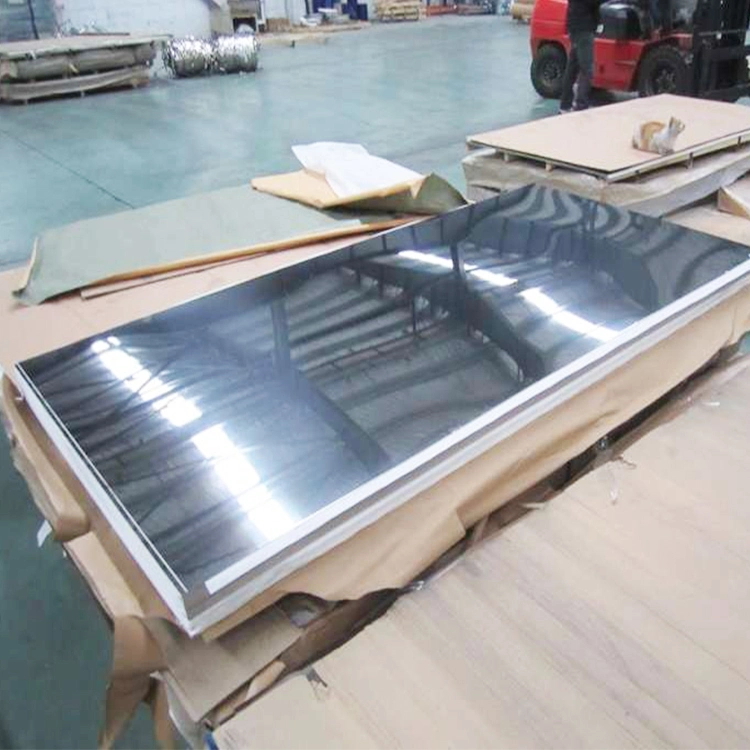
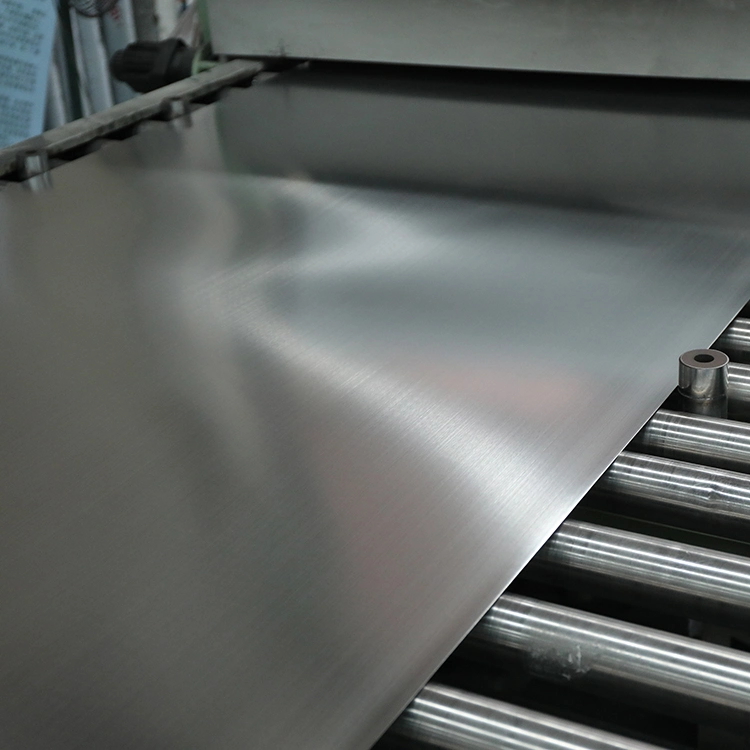
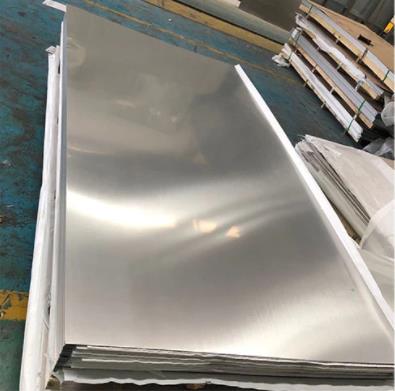
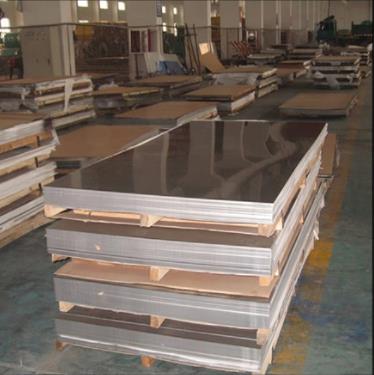
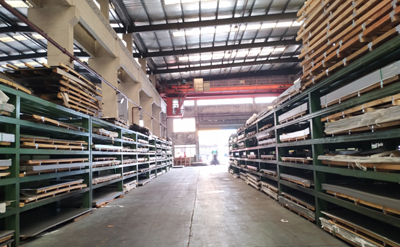
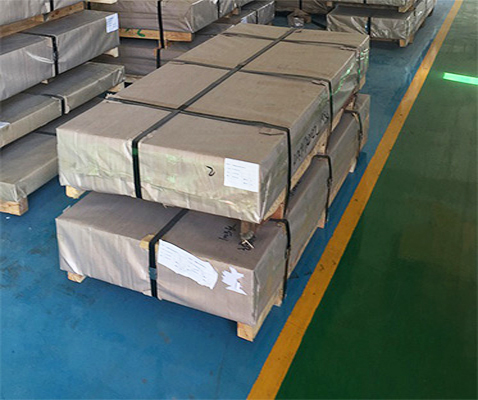
Send your product requirements to us



